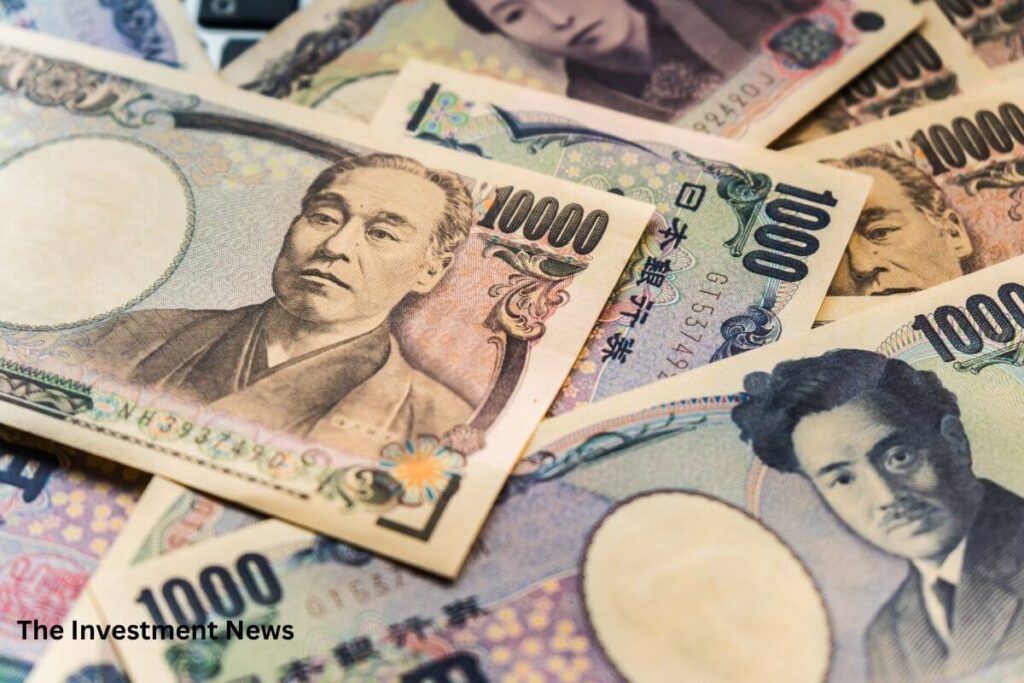Governor Kazuo Ueda of the Bank of Japan (BOJ) reassured that financial conditions in Japan will remain accommodative even after the termination of the world’s last negative interest rate regime. Ueda stated that “even if we end minus rates, the accommodative financial conditions will likely continue,” based on the bank’s economic projections, during a parliamentary session on Friday.

Ueda’s remarks echo recent statements from BOJ officials aiming to reassure market participants that the end of negative rates does not signify a shift in the bank’s fundamental policy stance. Deputy Governor Shinichi Uchida mentioned on Thursday that it is improbable for the bank to swiftly and continuously raise its policy rate post the subzero rate regime.
By emphasizing continuity in monetary policy, BOJ officials have reinforced the prevailing expectation of Japan’s first rate hike since 2007 drawing nearer. Ueda reiterated his perspective that once the bank perceives a stable inflation goal within reach, it will evaluate whether to discontinue stimulative measures, including subzero borrowing costs.
Following Uchida’s dovish remarks, the yen weakened, with the currency trading little changed around 149.29 per dollar after Ueda’s speech on Friday. Should the yen weaken further beyond the key threshold of 150, market speculation regarding an early rate change may intensify. Authorities aim to prevent adding cost-push inflationary pressure on households and small businesses.
Finance Minister Shunichi Suzuki emphasized earlier on Friday that he will closely monitor foreign exchange rates, while highlighting that decisions regarding specific monetary policies should be left to the central bank.
Market analysts anticipate the BOJ to abandon negative rates in March or April, with the bank’s next policy decision scheduled for March 19th.









